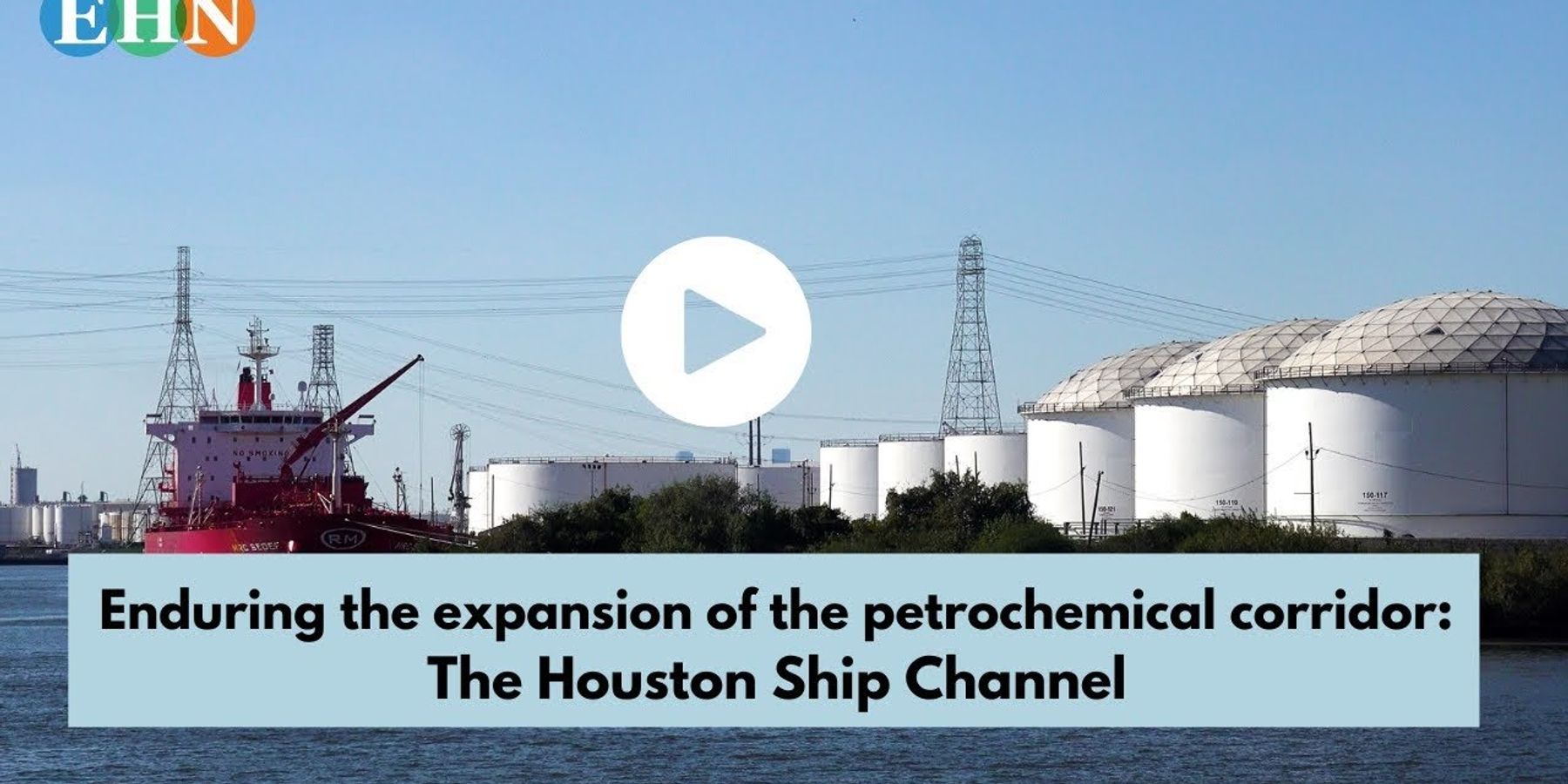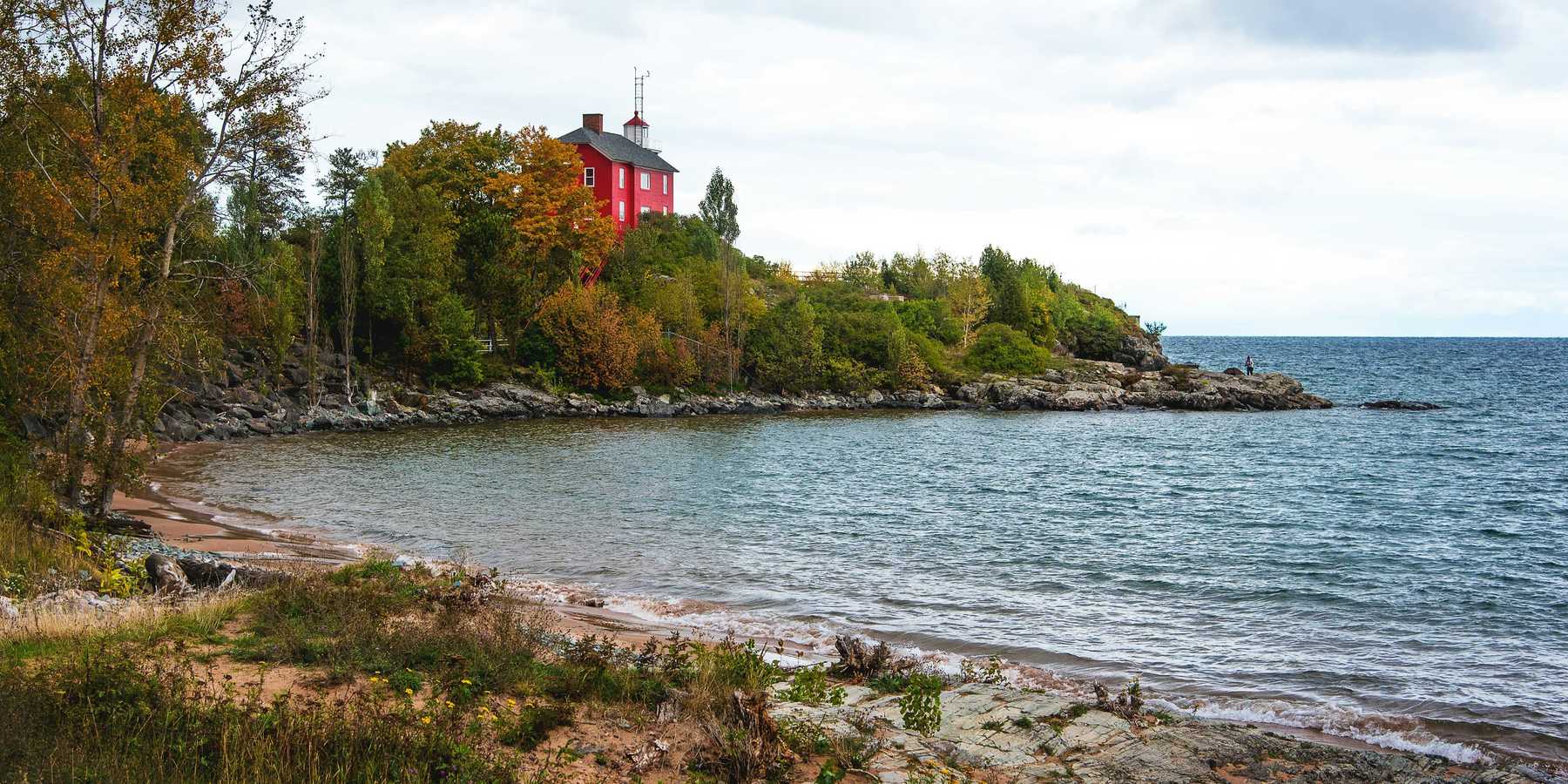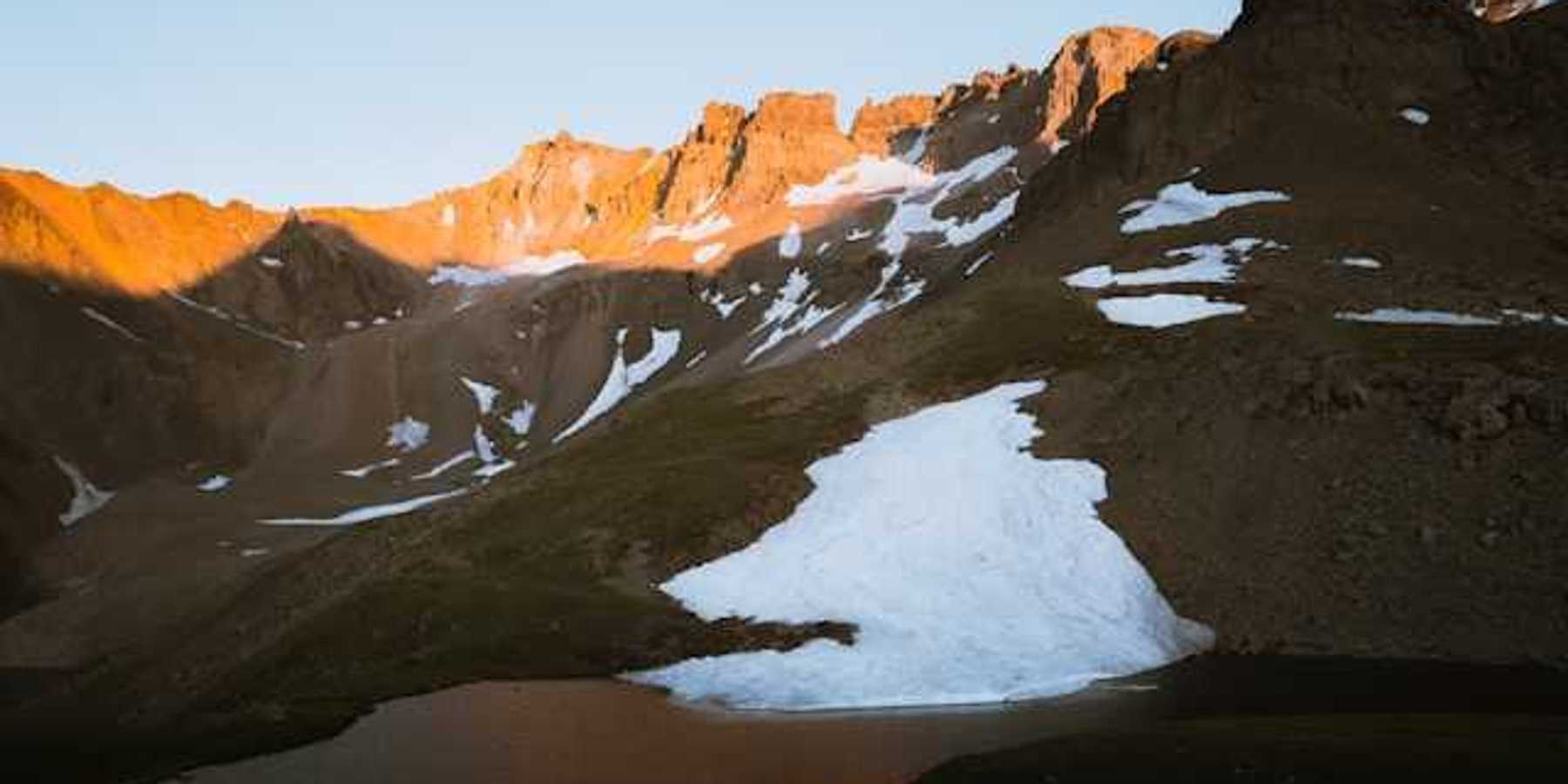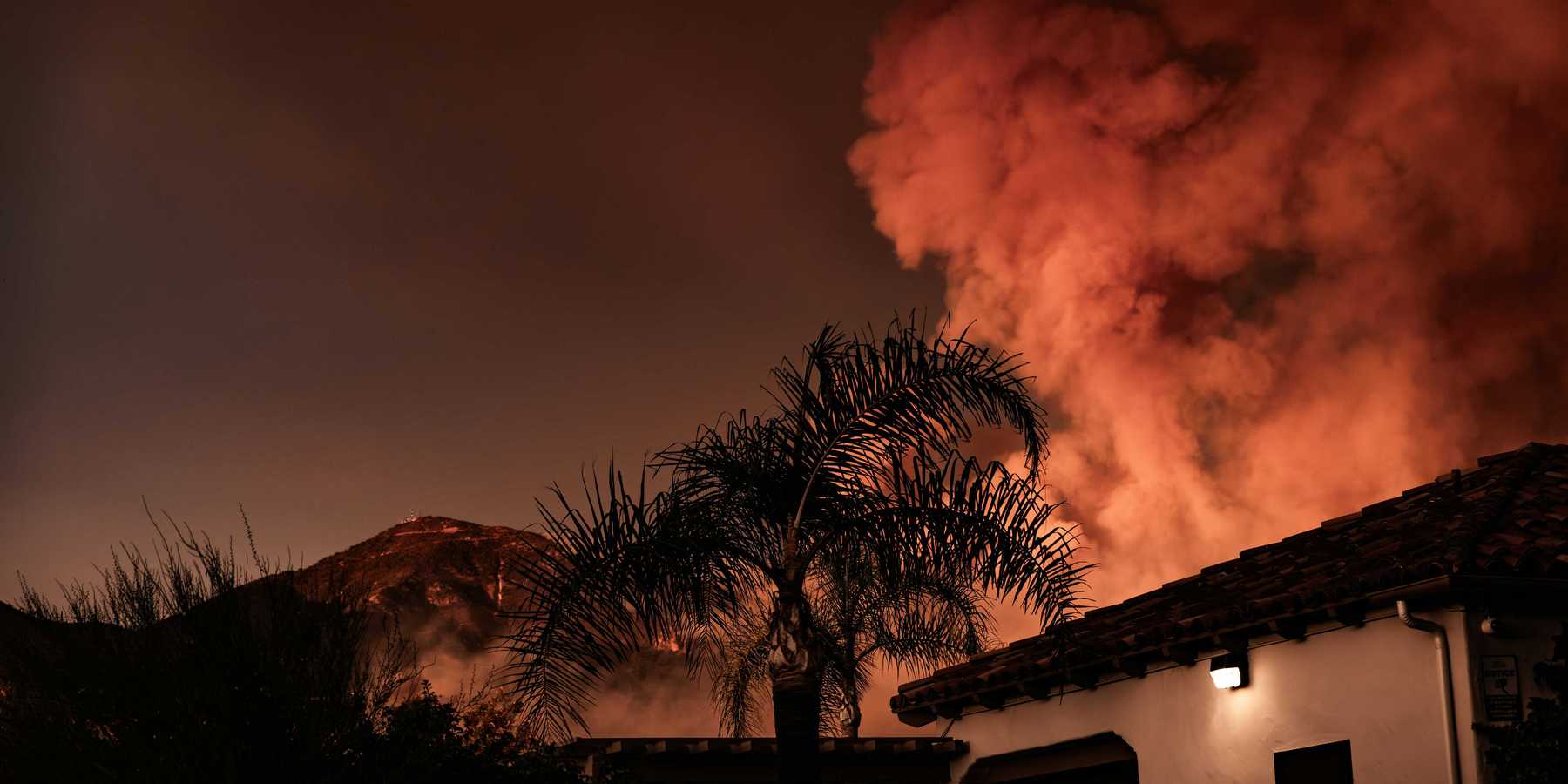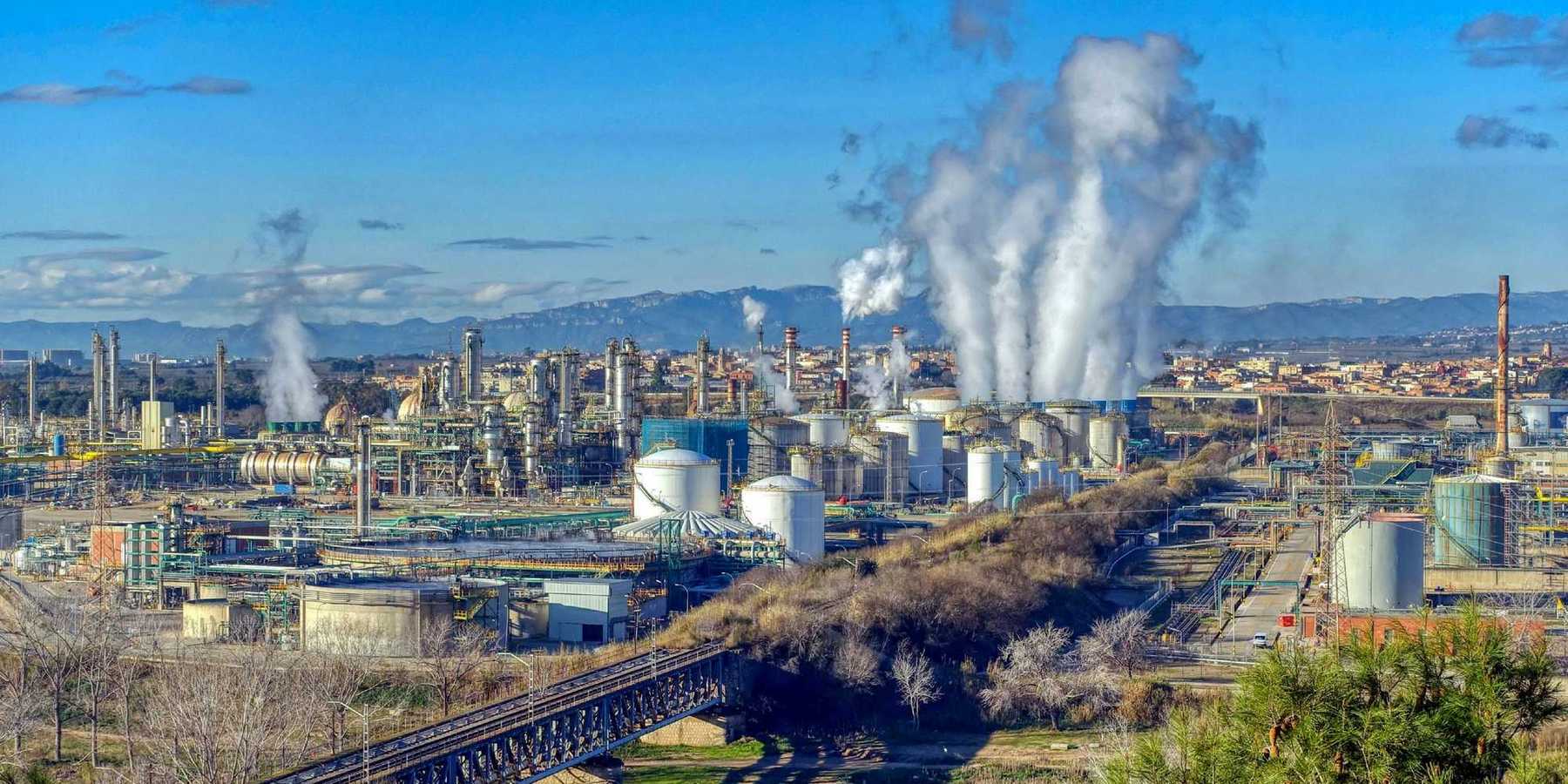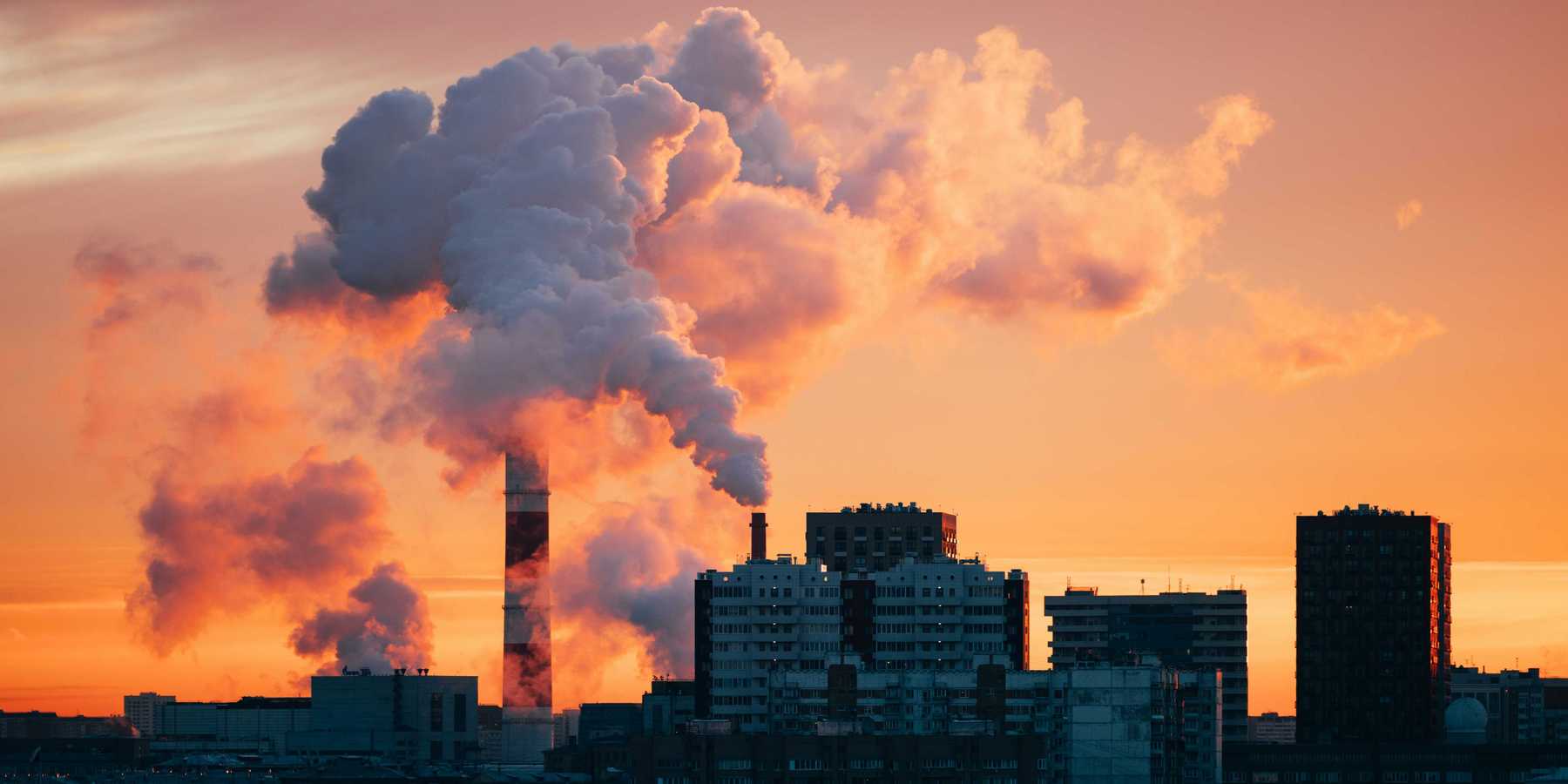WATCH: Enduring the “endless” expansion of the nation’s petrochemical corridor
As mounds of dredged material from the Houston Ship Channel dot their neighborhoods, residents are left without answers as to what dangers could be lurking.
In the course of a century, Houston, once known for its magnolia flowers, turned into the “energy capital of the world.” To many, at 52 miles long and deepening under its 11th expansion, the Houston Ship Channel represents its epicenter.
To read and watch a version of this story in Spanish click here. Haz clic aquí para leer este reportaje en español.
The channel hosts hundreds of chemical facilities, some of which have years of documented Clean Air Act violations. Amnesty International called the channel a “sacrifice zone” where fenceline communities, made up predominantly with people of color, are disproportionately exposed to pollution. This is seen as the “cost of doing business,” according to the report.
But to people like Juan Flores and his family, the area is also home.
Flores, who you’ll meet in the video report above, has lived in Galena Park his entire life, and has been surrounded by the Houston Ship Channel’s dredge material deposit sites for as long as he can remember. He even recalls playing in them as a child.
The current 11th expansion of the port will create new dredge deposit sites and will stack new dredge material on old sites. In response to communities’ concerns of potential risks, Port Houston, the local entity that manages the public ports of the channel and is in charge of the expansion alongside the U.S. Army Corps of Engineers, has said there is no cause for concern. According to the Corps, the material is tested before being placed on the mounds — yet the Corps has stated in the past that they do not test the deposit sites.
Watch the video above to learn more about the stories of these communities and their industrial neighbors.
Editor’s note: This story is part of a two- part series that will highlight the expansion of industry along the Houston Ship Channel – and the channel itself – amidst the landscape of an ever growing industrial footprint and the pollution that comes with it.

